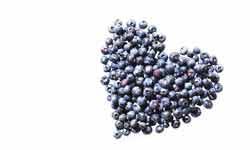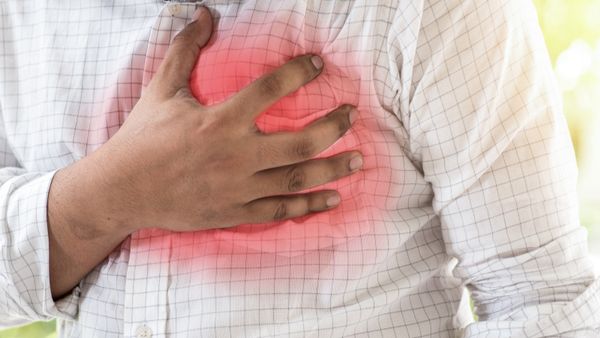Advertisement
Heart Disease Symptoms
If you have any of the following symptoms of heart disease, seek medical help immediately:
- chest discomfort that may feel like squeezing, burning, tightness, or heaviness
- chest pain called angina pectoris that often gets better with rest
- chest pain called Prinzmetal's angina that may occur during rest
- frequent indigestion
- pain, heaviness, tightness, pressure, burning, or squeezing in your back, shoulder, arm, face, jaw, or teeth
- shortness of breath or difficulty breathing
Some people with heart disease have no symptoms.
Advertisement
Coronary heart disease is called CHD, or simply heart disease, for short. Often, there will be no symptoms of CHD until a heart attack or cardiac arrest occurs. But for many, the first sign of CHD is chest pain, which is called angina.
The pain from angina, which usually lasts for 2 to 15 minutes, may occur behind your breastbone or down your left shoulder and arm or up your neck. It may feel like something is squeezing or pressing on your chest. Physical activity, strong emotions, or extreme temperatures may trigger angina. Breathing deeply usually doesn't change the pain. Rest may make it better. However, some people may have angina while resting. This occurs if an artery leading to your heart goes into spasm. This form of angina is called variant angina pectoris or Prinzmetal's angina.
Some people with coronary heart disease have no pain or other symptoms. Though it causes no symptoms, this form of heart disease is still a serious threat.
CHD can range from mild to severe, and the symptoms can vary considerably from one person to the next. Some people have no symptoms even though the blood flow to their heart may be blocked significantly. Others have mild or intermittent symptoms. Still others have frequent, intense pain that makes it impossible to do everyday activities.
Advertisement

